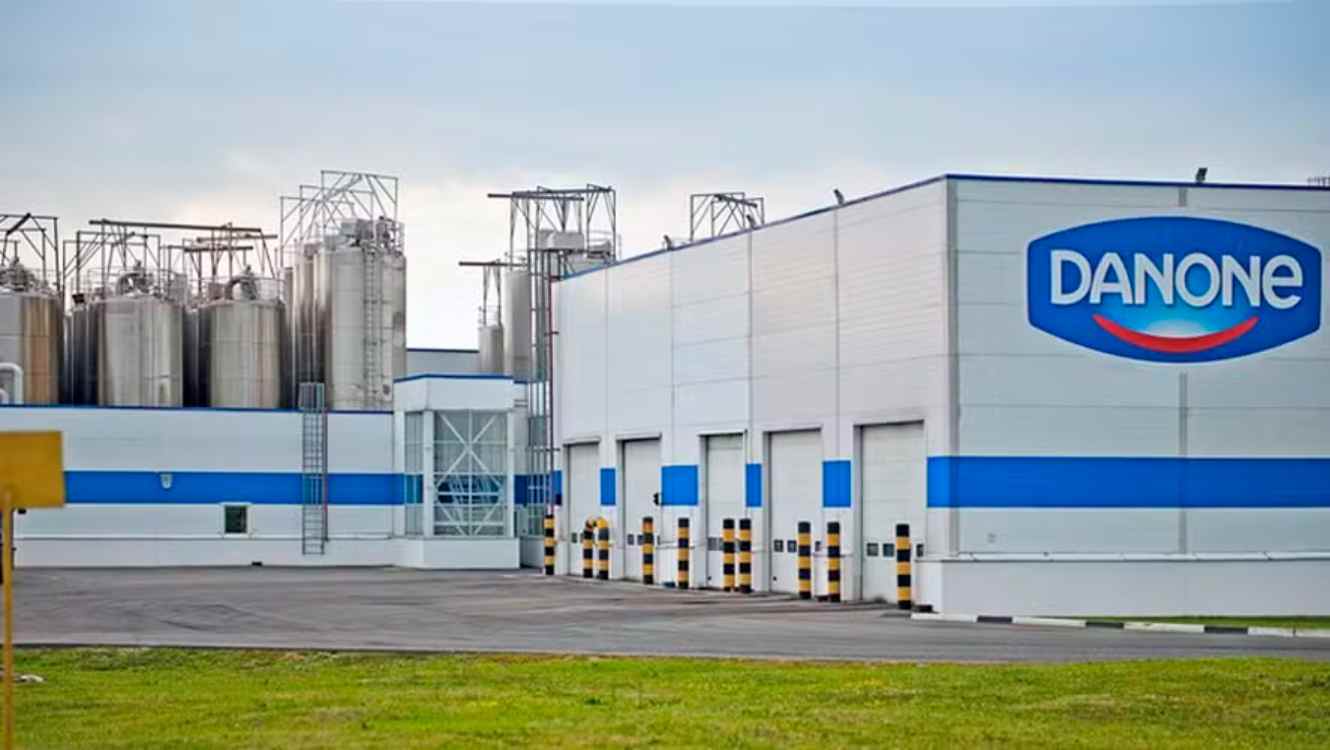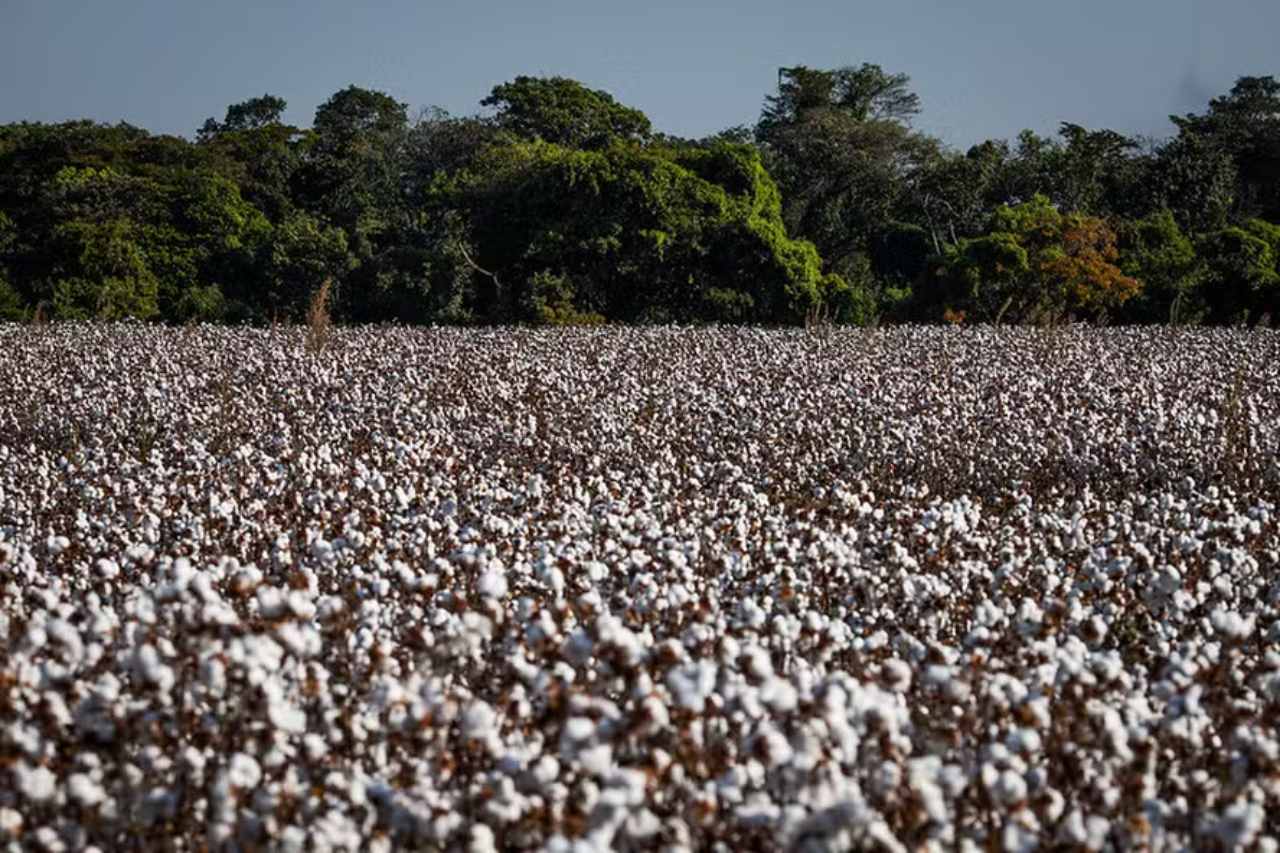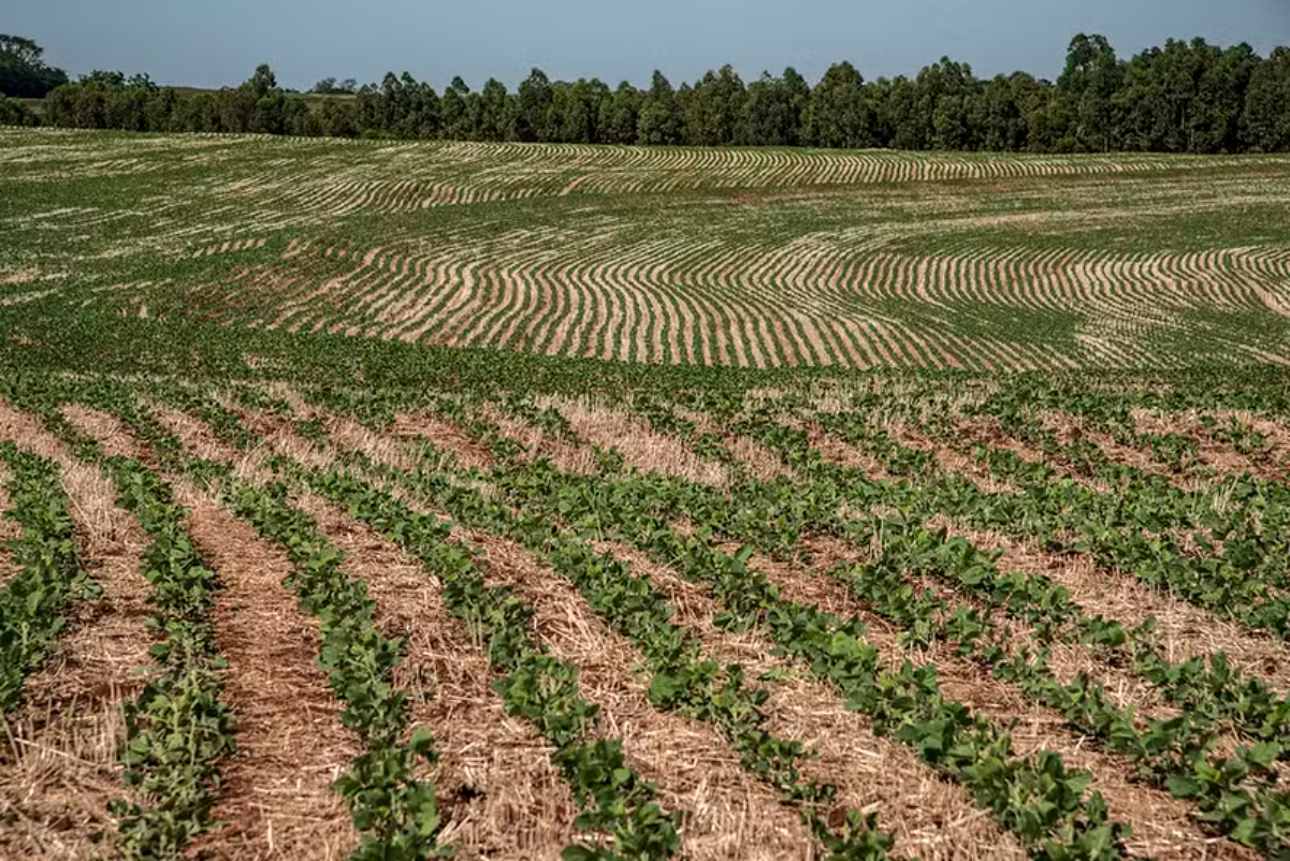News agency reported that the company had made the decision due to claims of non-compliance with European legislation.
Read original report here: Aprosoja Criticizes Danone’s Decision to Stop Purchasing Brazilian Soy: ‘Discriminatory Act’
Danone Brazil issued a statement confirming that it will not stop purchasing Brazilian soybeans. The French giant told Reuters that it would halt soybean purchases from the country, citing allegations of disrespect for European legislation.
“We can confirm that the information reported is not accurate. Danone continues to buy Brazilian soybeans in accordance with local and international regulations,” stated Tiago Santos, president of Danone Brazil, in the release.
The company added that Brazilian soybeans are an essential input in its supply chain in Brazil and continue to be used. “Danone has been in Brazil for over 50 years and invests annually in initiatives that prioritize supporting and developing both large and small local producers, encouraging more sustainable practices across all links in our supply chain,” the statement read.
Repercussions
Maurício Buffon, president of the Brazilian Soy Producers Association (Aprosoja Brasil), reported receiving a call from Danone’s president affirming that the company continues to purchase soybeans from Brazil.
“Danone reached out to say that soybean and business operations in Brazil remain unchanged and that nothing will change. We will stand firm on this issue, not allowing discrimination,” Buffon stated.
He noted that a company may start by discriminating against one production chain in Brazil and later extend this to other areas, such as corn and milk. “No company has the right to question without understanding. We have legal reserves within our properties and permanent preservation areas. We have a whole sustainability scenario that they are unaware of and are questioning,” Buffon added.
According to Buffon, Danone informed the association that the suspension of soybean purchases in France pertains to the production of soy-based milk produced in that country, but there is no soybean purchase from Brazil for this purpose.
Earlier, the Ministry of Agriculture and Livestock (Mapa) released a statement in response to the recent declarations and actions from Danone and other European agro-food companies that opted to stop purchasing soybeans from Brazil.
“Brazilian companies involved in the soybean export market and other agricultural products comply with rigorous due diligence processes that ensure adherence to the demands of their international clients. These processes reflect the efforts and investments in sustainability made by the Brazilian productive sector, with robust and internationally recognized traceability models,” the ministry stated.
Mapa reaffirmed Brazil’s “environmental commitment,” defending that the country has “one of the strictest environmental legislations in the world” and a robust command and control system aimed at combating illegal deforestation.
Regarding the European Union’s anti-deforestation law (EUDR), the ministry characterized the regulations as “arbitrary, unilateral, and punitive,” asserting that they disregard the particularities of producing countries and impose significant costs, especially on small producers. “Positive incentives are more effective in promoting environmental protection,” the ministry argued, highlighting that the punitive approach undermines Brazilian products’ access to the European market.
The Brazilian government has also committed to transparency, presenting proposals for electronic traceability models that meet EUDR requirements, reflecting its commitment to responsible and sustainable production. The ministry emphasized that “private traceability models are widely recognized and approved by European markets.”
Furthermore, the ministry expressed that it is in continuous dialogue with the European Union, seeking an understanding that respects the sovereignty of producing countries and ensures fair trade relations. “We reiterate that Brazil’s position is firm regarding not accepting regulations that ignore our environmental and social advancements,” it stressed.





